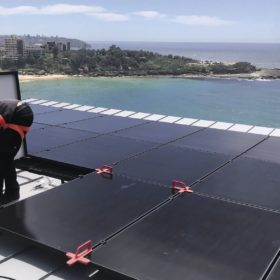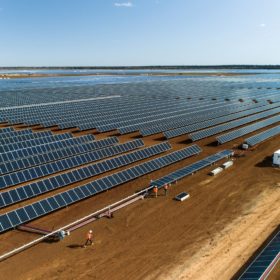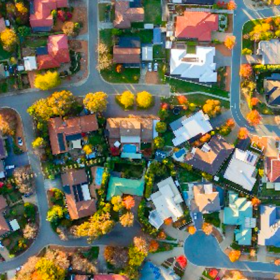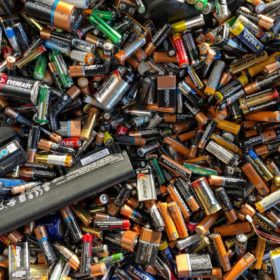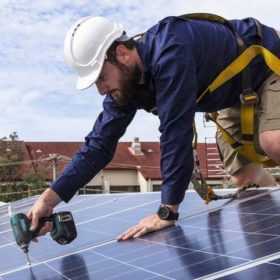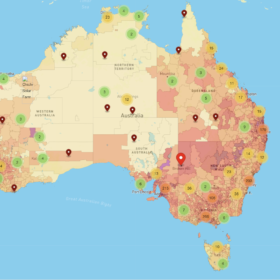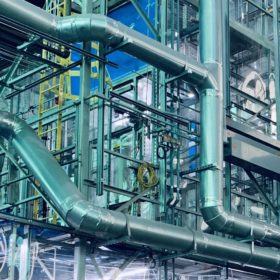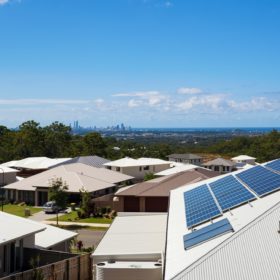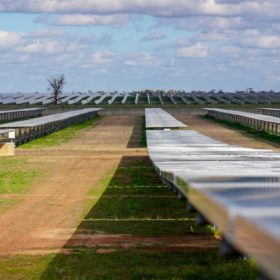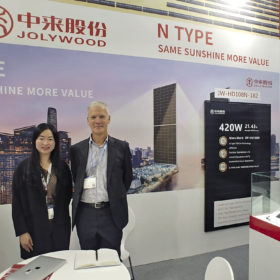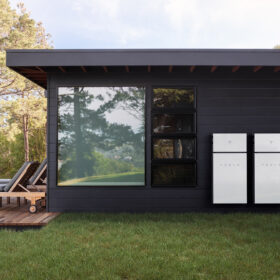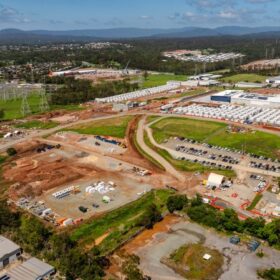Rooftop solar price to keep rising this year
British analyst GlobalData has predicted residential and commercial rooftop panels will not return to a declining price trend until next year, with post-Covid logistics headaches the cause, rather than a polysilicon shortage.
Investors float 40GW of renewable energy projects for Hunter-Central Coast REZ
Renewable energy investors have again shattered the New South Wales Government’s expectations with more than 80 clean energy projects representing more than $100 billion of potential investment registering for the Hunter-Central Coast Renewable Energy Zone.
Victoria’s Solar Homes program extends with six VPPs offering ‘guaranteed benefits’ and extra protections
The Victorian government will be expanding its Solar Homes rebate program into the world of Virtual Power Plants (VPPs), announcing on Tuesday that households who install a battery and sign up to the pilot before July 2022 will receive a rebate of over $4000.
Australia launches its first national household battery recycling scheme
Australia’s first national battery recycling scheme, B-cycle, launched today giving Australians the opportunity to drop their spent household batteries at a collections bins in supermarkets, stores and community clubs across the country.
Program ‘switching’ concession payments for solar systems to be expanded
South Australia will extend its ‘Switch for Solar’ program in which eligible low-income residents can opt to have a solar system installed in exchange for their next ten years of government concession payments.
Australia passes 25GW of installed pv capacity, leading world with almost 1kW per person
Australia has hit a historic milestone, reaching 25GW of installed solar. As the Australian PV Institute noted on Monday, that’s more solar per capita than anywhere else in the world.
Water-based electrolyser for green hydrogen production
U.S. company Verdagy has secured a US$25 million (AU$35 million) investment for its new electrolyser technology, which provides hydrogen fuel for heavy industrial applications. The membrane-based technology uses large active area cells, high current densities, and broad operating ranges to deliver hydrogen at scale.
WA rolls out new rules to manage booming rooftop solar sector
Western Australia will today introduce new curtailment rules which will allow for all new and upgraded solar PV and battery energy storage installations with an inverter capacity of 5 kW or less to be remotely turned down or switched off in emergency situations.
Renewables reach new highs in NEM as fossil fuels slump to historic lows
Renewable energy production reached record highs in Australia in 2021 with new data from the Climate Council revealing clean technologies including rooftop solar and utility scale PV supplied five times more power into the nation’s largest electricity grid than gas.
Weekend read: Expansions in n-type
The past 12 months have been a turbulent time for PV manufacturing. Rapid and impressive developments in technology have been accompanied by price increases up and down the supply chain, and energy shortages weighed on production in the second half of the year. Chinese n-type module manufacturer Jolywood is now pressing ahead with ambitious expansion plans despite the disruption. pv magazine publisher Eckhart K. Gouras and editor Mark Hutchins recently caught up with Cathy Huang, European sales director at Jolywood, to discuss the company’s plans to bring n-type TOPCon technology into mainstream production.
